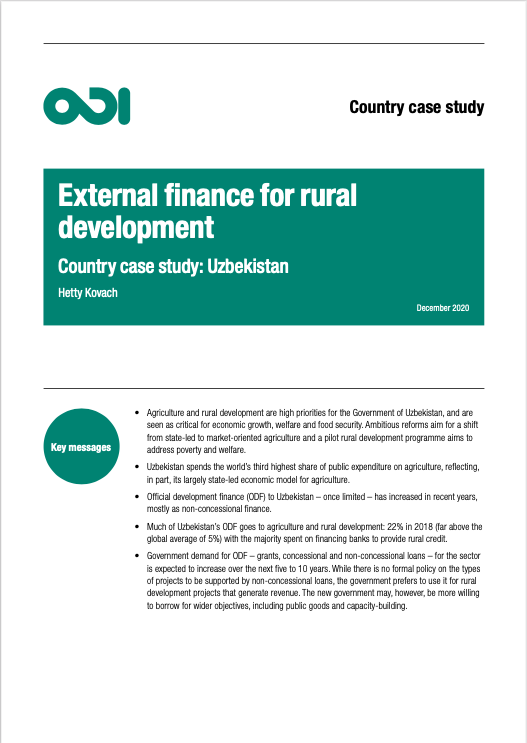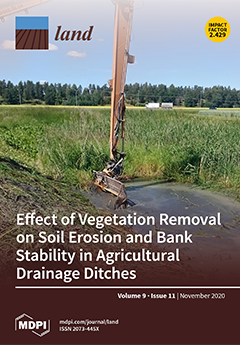Scaling Workshop Report: Bundled solutions with seed systems, index insurance and climate information to manage agricultural risks (BICSA)
Adaptation to climate change is a vital response to enhance the resilience of these smallholder agricultural livelihoods, more so because of their adverse effect on the food security of the nation. Lack of education and technical skills, poverty, and risks inherent to agricultural investments as well as little access to financial capital are the main reasons for low investments in adaptive capacity enhancements.




